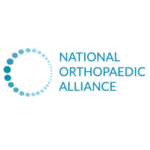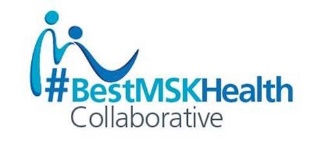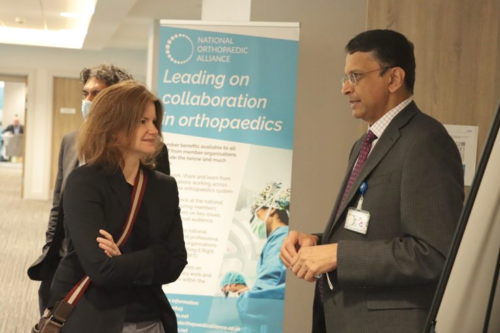 Amanda Hensman-Crook, AHP National Clinical Fellow from Health Education England, led a vibrant keynote speech at the recent Institute of Osteopathy Convention. Amanda focused on First Contact MSK roles and the Advanced Practice agenda and how osteopaths are part of the contemporary healthcare environment to support MSK service delivery.
Amanda Hensman-Crook, AHP National Clinical Fellow from Health Education England, led a vibrant keynote speech at the recent Institute of Osteopathy Convention. Amanda focused on First Contact MSK roles and the Advanced Practice agenda and how osteopaths are part of the contemporary healthcare environment to support MSK service delivery.
Amanda also briefed about an MSK educational roadmap to Advanced Practice and a ground-breaking collaboration that will create a single set of UK MSK standards that will leave a legacy both nationally and internationally.…
Read more of this article


 We are all aware of the increasingly desperate need to restore NHS services. Our patient member organisations tell us of the calls they are getting from people who can’t access the services they need. Private practitioners such as physiotherapists, osteopaths and chiropractors report high levels of activity as those who can afford to pay for services, and their concerns about those who can’t afford to pay. Clearly this must be a priority, but how can we do this differently, not just pile pressure on an exhausted and depleted NHS workforce?…
We are all aware of the increasingly desperate need to restore NHS services. Our patient member organisations tell us of the calls they are getting from people who can’t access the services they need. Private practitioners such as physiotherapists, osteopaths and chiropractors report high levels of activity as those who can afford to pay for services, and their concerns about those who can’t afford to pay. Clearly this must be a priority, but how can we do this differently, not just pile pressure on an exhausted and depleted NHS workforce?… 




 The 2021 NOA Annual Members’ Conference held on 20 October was an opportunity for staff representing NOA member organisations, patient representatives and NOA partners from across the country to share achievements, address shared challenges and discuss what’s in store for orthopaedics in the future.
The 2021 NOA Annual Members’ Conference held on 20 October was an opportunity for staff representing NOA member organisations, patient representatives and NOA partners from across the country to share achievements, address shared challenges and discuss what’s in store for orthopaedics in the future.
